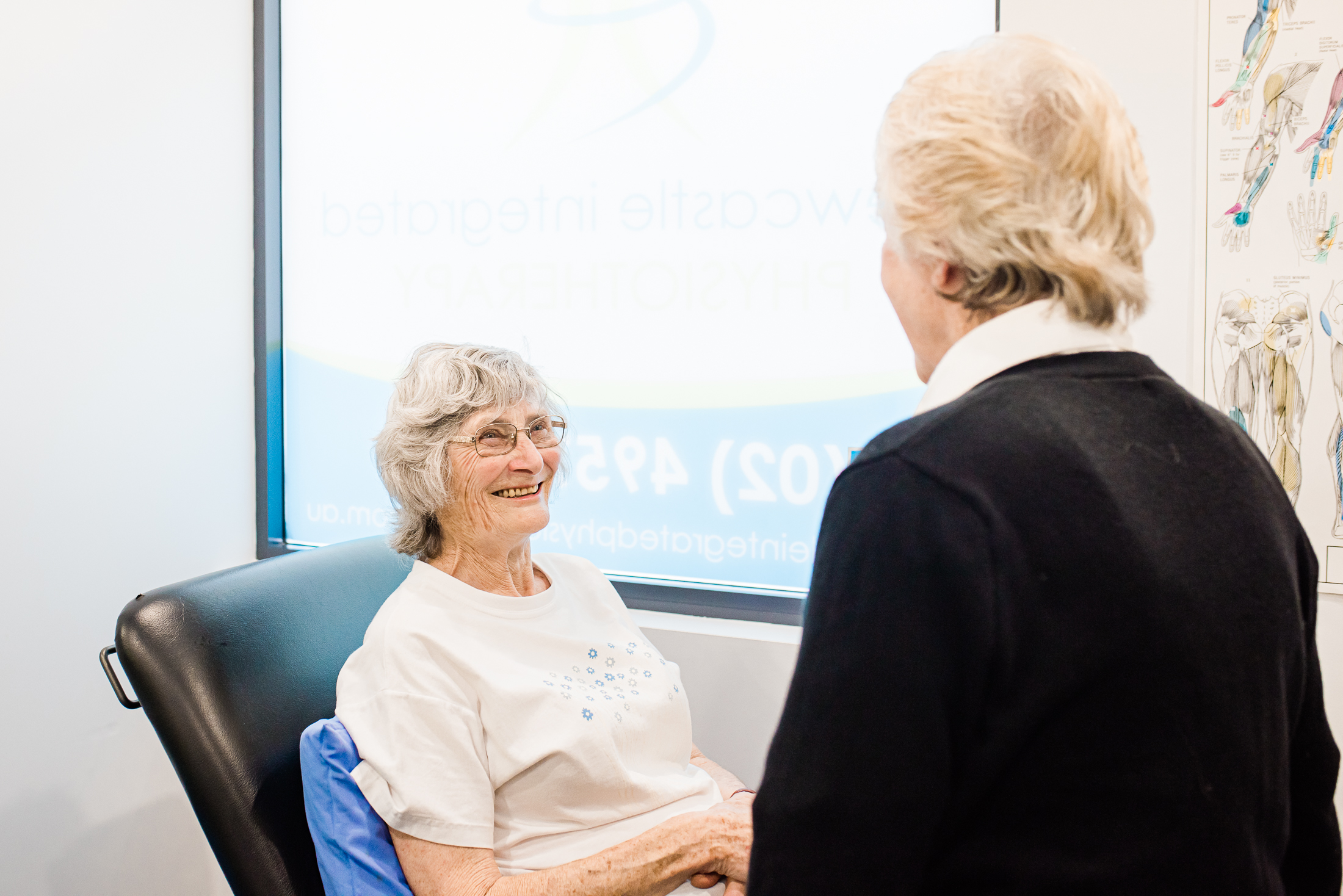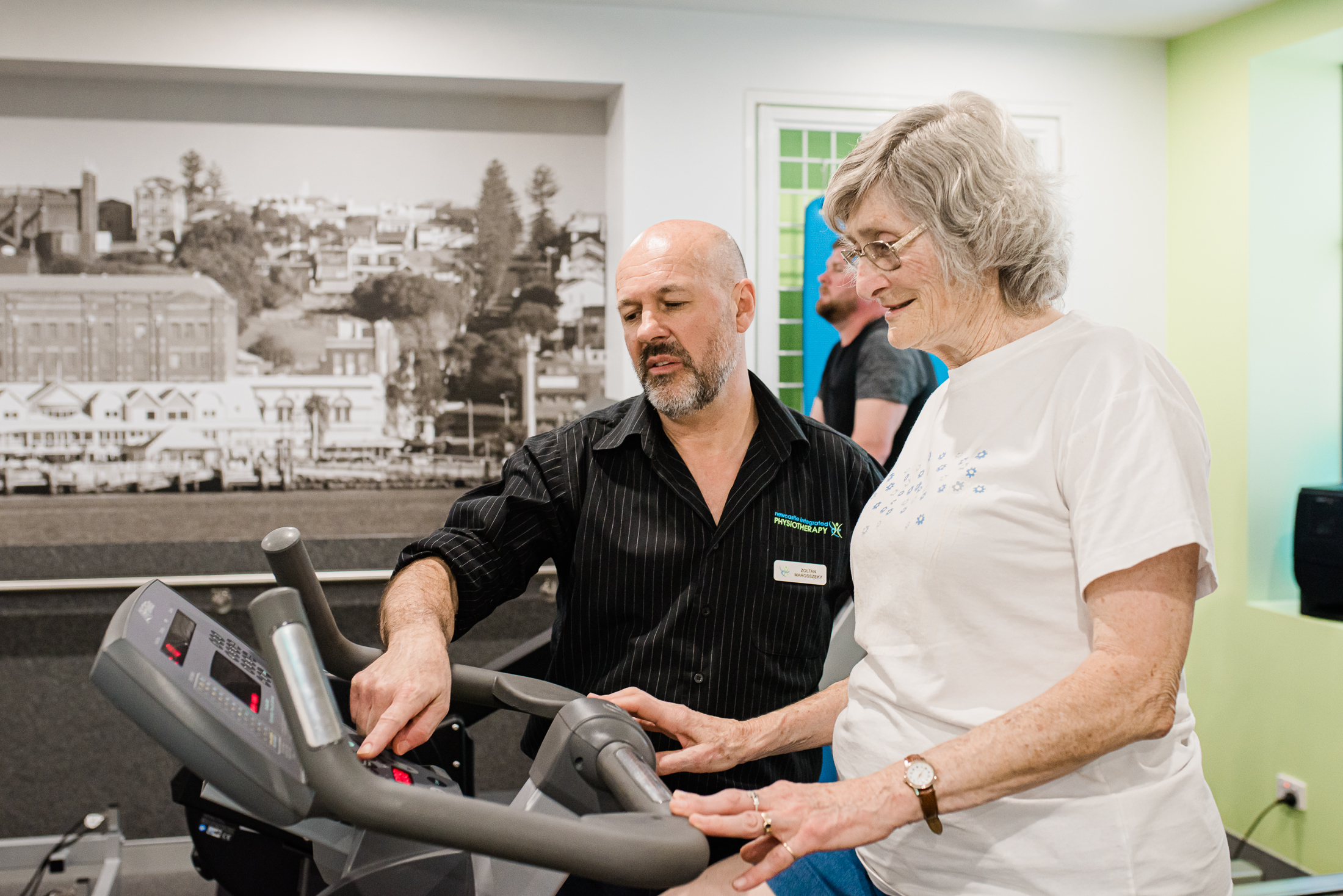There is a sad reality that our kids are not exercising or moving enough. And this has devastating consequences for not only their physical development and health, but also their mental health.
Exercise cannot be underrated for the crucial role it plays in development.
-Exercise strengthens and stretches muscle
-Exercise builds strong and healthy bones
-Exercise improves coordination and reflexes
-Exercise manages weight
-Exercise improves cardiovascular function and reduces the risk of disease or illness.
-Exercise is fun!
Current Exercise Recommendations:
It is recommended that children and young people aged between 5 and 18 years old do a minimum of 60mins of moderate to vigorous physical activity per day.
The 2009-2010 NSW Population Health Survey found that only 35% of 5-8 year old’s and 20% of 9-15 year old’s met these recommendations.
Furthermore, it was found that in 2014/2015, 65.3% of Australians aged 15 and over were sedentary or had low levels of exercise.
Why is this the case:
In recent years, there has been a rise in the amount of sedentary time children and young people participate in. This is time spent in front of a computer screen, TV, iPad or other device, instead of time playing outdoors.
It is recommended that children and young people spend no more than 2hrs per day of screen time, however we know that the majority of young people exceed these recommendations. What we know from the research, is that a sedentary lifestyle is linked to children and young people becoming overweight or obese, which continues into adulthood and is a risk factor for chronic disease.
Therefore, I challenge you to be strict with screen time with your children and encourage physical activity as much as possible. Perhaps your child can try a new sport, dance lessons, or other outdoor hobby. Also, children should not be held back from physical activity because of any condition, disability or injury as exercise can play an important role in helping manage their condition.
You can also seek the advice of an Accredited Exercise Physiologist to help guide your child to find the most appropriate activity and develop a positive relationship with exercise.


